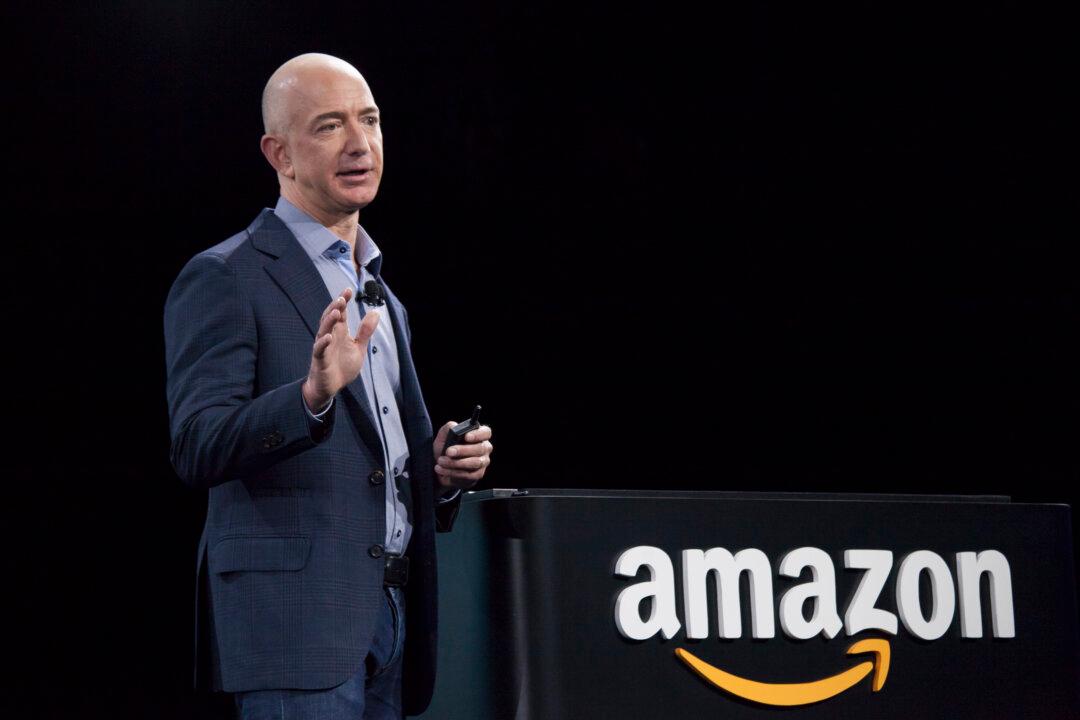In early October, Amazon slapped more than a thousand people with a lawsuit for writing fake reviews on its website. The lawsuit didn’t name the individuals, only their usernames on Fiverr.com, an online freelancing website where Amazon conducted its sting operation, posing as sellers looking to purchase fake reviews.
Amazon sued the reviewers for violating the Washington Consumer Protection Act as well as Amazon’s own Conditions of Use.
The buying and selling of fake reviews, or followers and likes, through online stores and social media platforms has long plagued the Internet, and Fiverr isn’t the first website to facilitate shady online dealings en masse—Craigslist predates Fiverr’s existence by more than a decade—but Fiverr is the most successful and institutionalized incarnation of the idea.
Fiverr received $30 million in Series C funding last year, and its sleek user-interface, decked with ratings, reviews, and ranks for individual sellers and a streamlined ordering process, makes Craiglist, and even eBay, look like a garage-operation in comparison.
All freelancing services on Fiverr have a price floor of $5, the website’s namesake, and the company takes a 20 percent cut of each transaction. Fiverr’s front-page lists innocuous services like voice-overs, video editing, custom soundtracks, and cartoon avatars. But a quick search also brings up offers of fake Twitter and Instagram followers, Facebook likes and comments, and even negative SEO, where spammers flood links to a business competitor’s website from suspicious URLs—for example, those affiliated with payday loans service or child pornography—to bring down their Google search rank. One gig of this kind is titled I will beat Your Competitor Instantly for $5.
More than a week after Amazon’s lawsuit was filed, fake reviewing gigs are still remarkably easy to find on Fiverr, although many of the usernames listed in Amazon’s lawsuit appear to have been suspended, according to conversations on Fiverr’s forum.
When questioned about these types of offers, Fiverr replied via email that it “actively remove services that violate our terms of use, and respond promptly to any reports of inappropriate content.”





